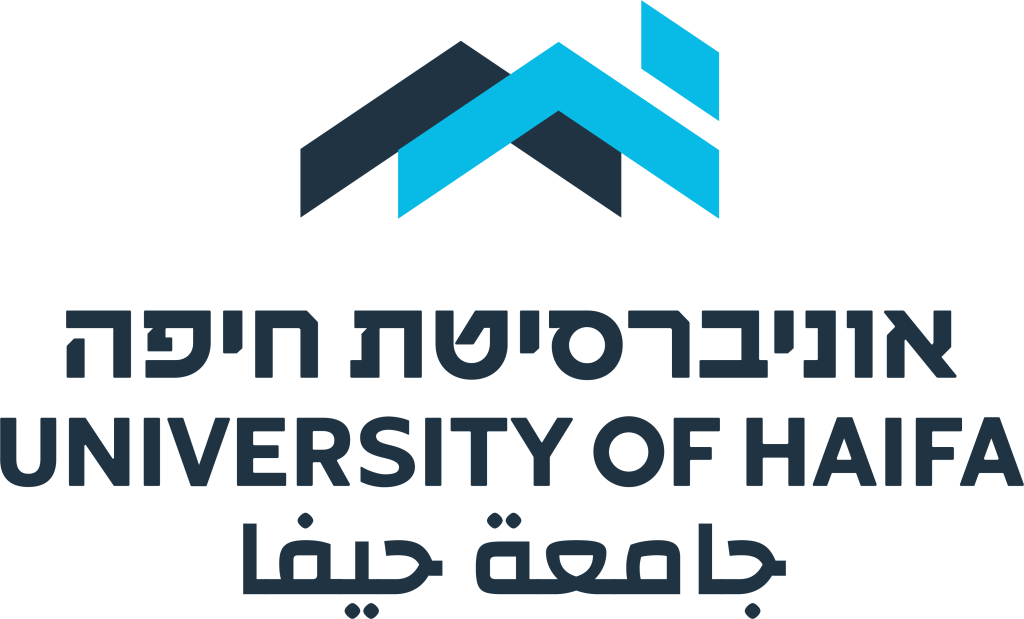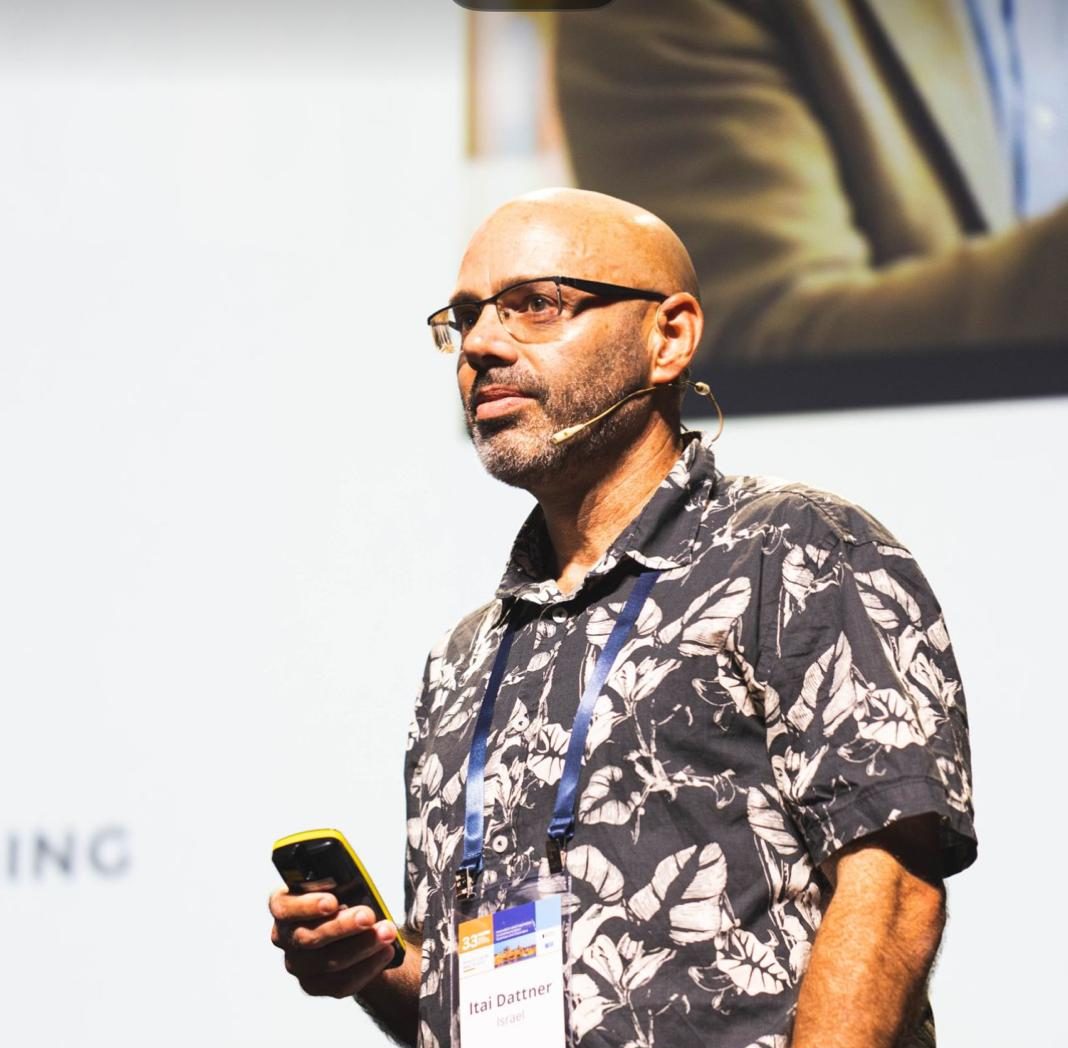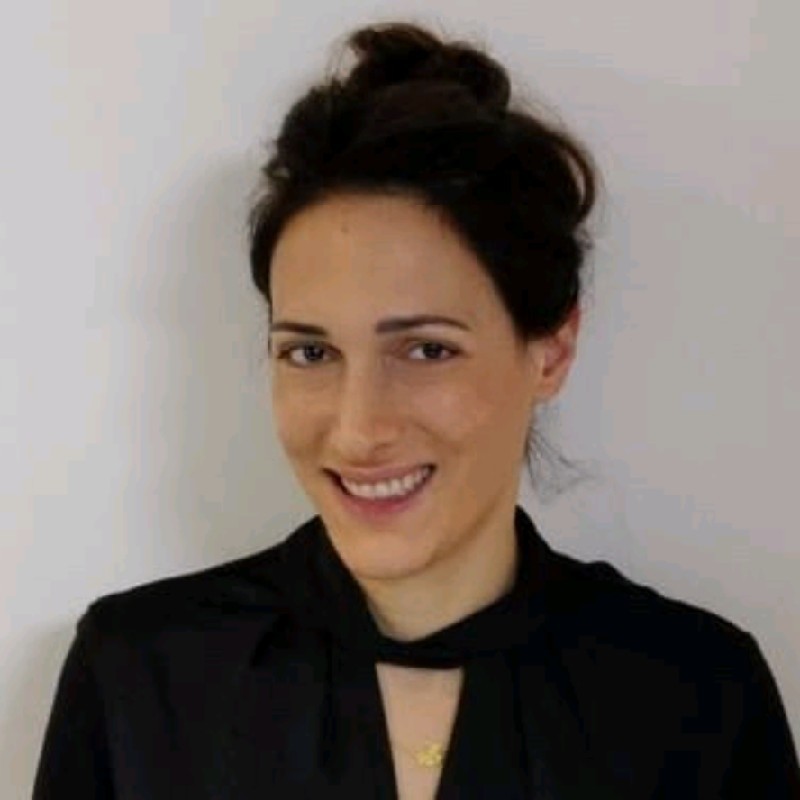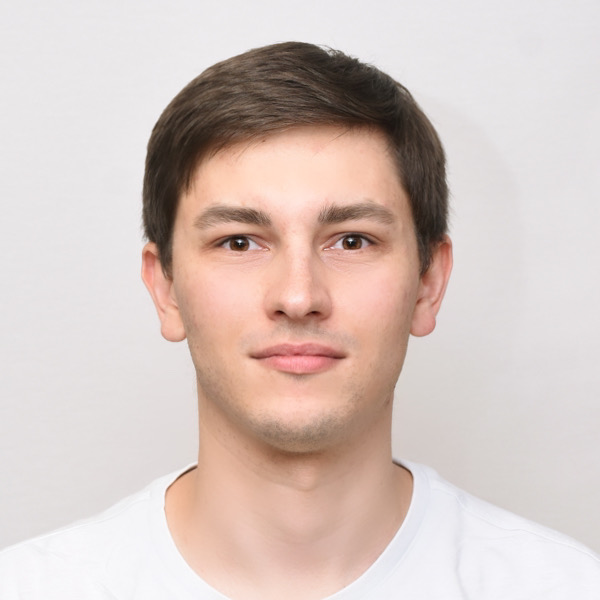Khanonkin E., Schechter I., Dattner I. (2025). Compensation for Matrix Effects in High-Dimensional Spectral Data using Standard Addition. Sensors, 25(3), 612. https://doi.org/10.3390/s25030612
The article presents a new method to address matrix effects in high-dimensional spectral data, which often distort analyte quantification when blank samples or prior knowledge of the sample composition are unavailable. The authors extend the classic standard addition technique to the spectral domain by adjusting the data before applying chemometric models such as Principal Component Regression. Through simulations under various conditions (different noise levels, matrix strengths, and non-linear responses), the method significantly reduced prediction errors compared to standard approaches and proved robust. This demonstrates its potential as a practical and reliable tool for accurate chemical analysis in complex matrices.








